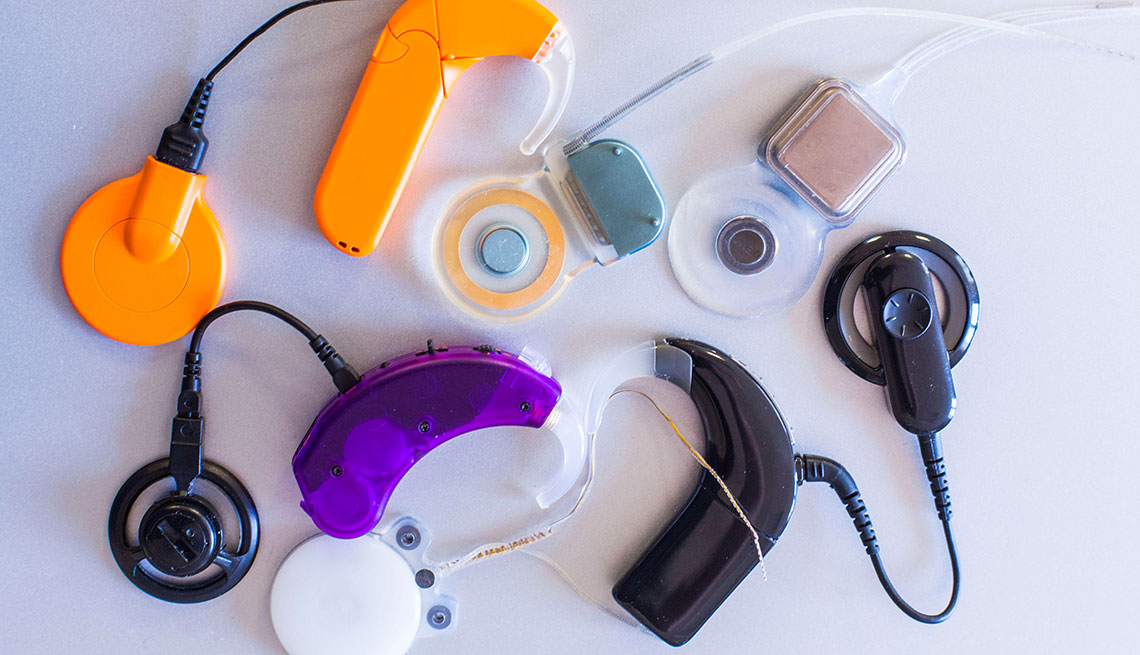AARP Hearing Center
People who use cochlear implants to improve their hearing will eventually have a much easier way to get their devices adjusted. The FDA has approved the first remote feature in programming software that allows cochlear implant patients to be evaluated and have their device controlled by an audiologist from a distance. The patient and clinician communicate through a special computer program with a video connection rather than having an in-person clinic visit.
Cochlear implants, which work by providing electrical stimulation to the auditory nerve, have two parts: an internal part that’s implanted by a surgeon, and an external sound processor that an audiologist programs. It can take anywhere from 7 to 10 in-person appointments to adjust the implant in the first year of use. The multiple appointments, necessary as the patient adapts to the technology, are at best an inconvenience and at worst a serious hardship for people who have mobility issues or live far from audiology centers.
Bobbi Scheinin, group product manager for Cochlear Americas, the company that’s received the FDA approval, says the technology has the potential to be a huge help for patients — especially those in parts of the country with no local cochlear implant services: “We have one clinician in Colorado who has patients in Wyoming traveling six hours to her office.”
The program is run through medical software that can’t be downloaded on personal computers, says Scheinin. So the computer/software would need to be sent to a local health care provider for the patient to access it (though only a trained audiologist would be able to control the programming).
Another issue is creating a process to reimburse audiologists for this kind of remote care. “This is one of those clinical technologies that is going to depend on the health economic system catching up with engineering,” says Charles Della Santina, M.D., director at the Johns Hopkins Listening Center. “If nobody can get paid to provide care via telemedicine connection … it’s going to be hard for clinics to provide that service.”
Scheinin says that while implementing the new technology for widespread use will require some work, it’s a start: “Our ultimate goal is to provide patients with care where and when they want it, and this is one of the first steps to get us there.”

































































